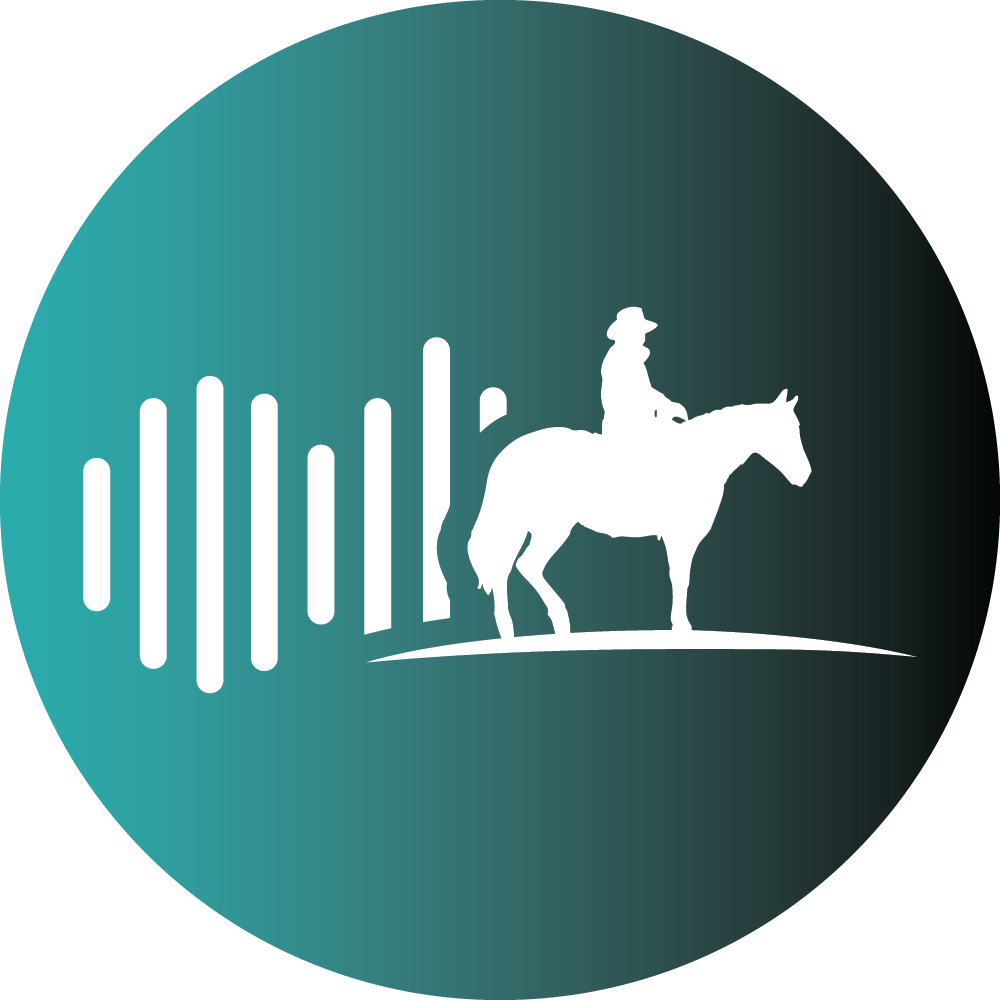A form of homesickness
By Benjamin Alva Polley EBS COLUMNIST
One of the penalties of an ecological education, as the conservationist and author Aldo Leopold wrote, is that one lives alone in a world of wounds. As climate change and other forms of environmental degradation become more evident, experts predict that an increasing number of people will experience emotional and psychological distress as a result. Many individuals are already feeling these effects.
Recently, I have experienced a profound sense of distress and loss due to the environmental changes occurring in a state I hold dear: Montana. The state is undergoing rapid growth, which is negatively impacting prime wildlife habitats. Familiar places are being transformed; forests are being cleared, hillsides flattened, glaciers are melting at an alarming rate, streams are being straightened, concrete and pavement are replacing soil and earth and noxious weeds are displacing native plants. Luxury homes are sprouting, forcing some wildlife species to become refugees in their homeland. Protections for endangered species are being redefined as those in power grapple with their authority and redefine what the term “harm” means concerning species and habitats.
Whether these changes result from the popularity of the TV series “Yellowstone,” COVID migration, or billionaires purchasing vast tracts of land, many locals cite these factors as contributors to the transformation. Some newcomers are drawn to Montana for its public lands, wildlife and natural spaces, yet these very assets are under threat. Others may be attracted by a misguided interpretation of the term “wild,” equating it with lawlessness and the freedom to act without restraint.
This phenomenon—the pain and longing we experience as we witness our surroundings change in ways that render them unrecognizable—is known as “solastalgia.” Coined by Australian philosopher Glenn Albrecht, the term describes “the homesickness we feel while still at home.” Solastalgia is a form of emotional or existential distress triggered by perceived negative environmental changes, which may arise from climate change, development, natural disasters, or the extraction of resources.
Symptoms of solastalgia can include anger, anxiety, depression, despair, grief and a sense of helplessness or hopelessness. Since 2020, Montana’s population has grown by 4.8%, making it the fourth-fastest-growing state in the U.S., with nearly 50,000 new residents in that period. Most of this in-migration has occurred in the western part of the state, particularly in cities such as Bozeman, Kalispell and Missoula. However, we are now seeing growth spill over into smaller counties neighboring these major cities. For example, Musselshell County, situated between Helena and Billings, has experienced a 31% growth rate, while Broadwater County, located between Helena and Bozeman, has grown by 14.9%. Notably, three counties north and west of Kalispell have also seen steady growth: Mineral County (up 13.6%), Lincoln County (up 11.5%) and Sanders County (up 10.8%).
Earlier this year, a University of Montana survey revealed that 90% of registered respondents in Montana considered development and sprawl into open lands a significant problem. Gavin Ricklefs, managing director of the Heart of the Rockies Initiative, referenced a recent economic study highlighting the issue: since 1990, more than 1.3 million acres of undeveloped land in Montana, primarily agricultural, have been converted into residential subdivisions. Nearly half of all newly constructed homes have been built on lots averaging 10 acres in size. Since 2000, one-quarter of all homes in Montana have been built. Every month, the state loses approximately 1,500 acres of open land to development, despite Montana’s agriculture sector generating $5.5 billion annually and supporting 30,000 jobs across 58 million acres dedicated to food production.
Yes, change is inevitable, and it is the only certainty in our world. While people need homes, the choices we make about how and where to build must be carefully considered, especially before prime wildlife habitat is sacrificed for development. Many of us transplanted to the Treasure State because of the abundance of wildlife and public lands that Montana is blessed with. But these things aren’t a given. People in our state have fought long and hard for these assets.
Recent legislative wins
Fortunately, a few major bills were passed in Montana’s state legislature that can alleviate or postpone the solastalgia I’ve been feeling. These bills passed last week.
Montana’s legislature recently passed bills focused on enhancing wildlife habitat and improving public access to lands, including House Bill 932 and Senate Bill 537. HB 932 creates the Habitat Legacy Account to support conservation efforts, restoration, and wildlife crossings, while SB 537 also invests in these areas. Additionally, HB 855 focuses on wildlife crossings, which save the lives of people and wildlife.
HB 932 reallocates marijuana tax revenue to a new account, the “Habitat Legacy Account,” which will then fund various conservation initiatives. Specifically, 75% of the funds will go towards Habitat Montana and state water projects, 20% to the Wildlife Habitat Improvement Program, and 5% to a new wildlife crossings account. The bill also revises the Wildlife Habitat Improvement Advisory Council and its membership.
SB 537 also appropriates funds for conservation, public access, and wildlife habitat, with a focus on enhancing both terrestrial and aquatic habitats. It establishes a scoring system for project proposals and modifies administrative cost limits.
Solastalgia and nostalgia are both states of homesickness, but they differ in their underlying causes. Nostalgia is a longing for a past time or place, while solastalgia is a distress caused by the current negative state of one’s environment as it changes.
Thankfully, my solastalgia won’t necessarily turn into full-blown nostalgia. We can continue to preserve the Treasure State for generations to come, considering ecosystems and other animals besides ourselves, and realizing we’re not the center of the universe but that we’re all in this together.
Benjamin Alva Polley is a place-based storyteller. His words have been published in Rolling Stone, Esquire, Field & Stream, The Guardian, Men’s Journal, Outside, Popular Science, Sierra, and other publications, and can be seen on his website.














